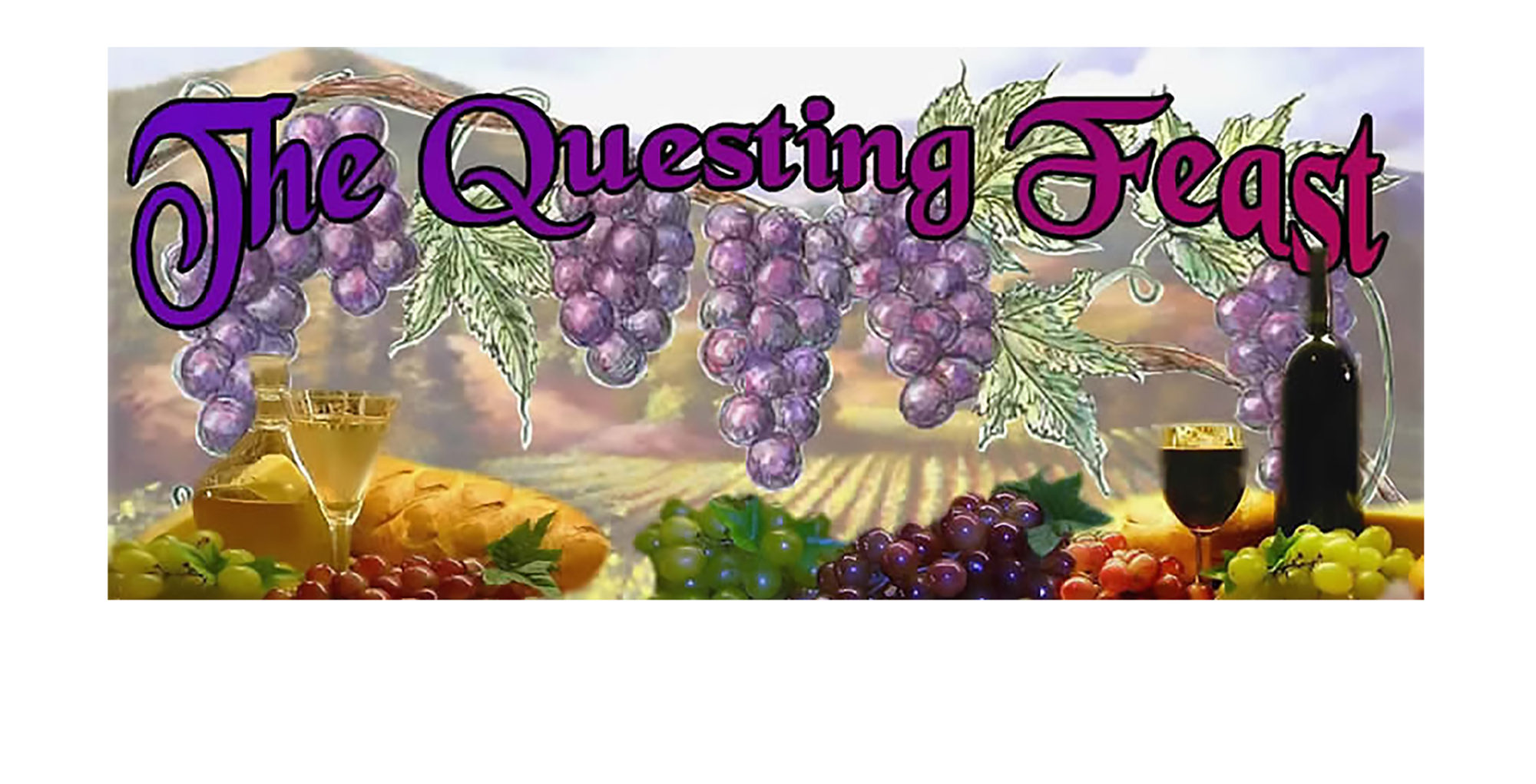by Leilehua Yuen
I was so excited to see our beloved poke (pronounced POH-keh) being recognized internationally with its own holiday on 28 September, and then soooo disappointed when I read the article. As it turns out, there is a website that, for $5000, will create a holiday for your industry and promote it.
Sadly, that site is promoting a bunch of misinformation. No, in Hawaiʻi, we do not call poke a “chop.” And no, we did not make poke part of Hawaiian culture “in the spirit of aloha.” And the dish was not specifically made as a snack with which to greet guests. It’s a yummy meal we make for ourselves, and also might share with guests.
“Poke” translates to English as to cut something crossways into pieces, or to press something out, as in pressing ʻopihi out of its shell or to press the gut-sack out of an ʻopihi. It also can be a bite-sized piece of something.
Despite the claims of certain websites, poke was eaten in Hawaiʻi long before the 1970s. Much like the term “lūʻau” (leaf of the taro plant, an important food at Hawaiian meals) in the 18th century was used as slang for an ʻaha ʻāina and eventually came into common use, so “poke” as the name of the dish probably originated as a slang term, since the fish is cut crosswise into bite-sized pieces to make the dish. No one really knows when it came into common use, but my late mother claimed to be familiar with it in the 1950s.
“O ka ino ke kumu i nele ai o Ulakoheo i ka ia i keia mau la. Aohe ohuohu pono o na papakaukau, o ke kamano no kahi ia ano mahuahua iki i keia mau la, aka, oia no ke kamaaina o ka makeke. Ua ike iho makou i ke kamano maikai loa ma kahi o McCandless ma, Ma kanela ma, ke kuai liilii ia nei no hoi, nunui no ka poke o ka hapawalu me ke ko, ki, palaoa, a me na mea ai maikai e ae no hoi, a he makepono loa ke kumukuai, aka, na oukou no nae e hele e ike maka no oukou iho.“
Nupepa Kuokoa, Buke 5, Helu 11, 17 Malaki 1866
The article says that despite the storms making it hard to catch fish, there is plenty of salmon poke (pieces) available at McCandless Store for an inexpensive price.
Dishes related to poke are iʻa maka (raw fish), iʻa lomi (massaged fish), and iʻa palu (fermented fish).
Lomilomi salmon became popular in the whaling era when Hawaiian people would use the imported salt salmon (mentioned in the above newspaper article), rinse out the salt, cut it up, and lomilomi (massage) it with limu (seaweed), tomato, and onion. It remains a popular dish.
Honolulu Magazine has an article interviewing Sam Choy about poke in which he discusses a little history of this iconic Hawaiian dish.
Here is Geraldine’s favorite poke recipe. It’s from the 1950s, when she was married to my father. Notice that unlike more traditional versions, there is no limu (seaweed). That is because at the time it was impossible to get limu kohu, līpoa, wāwaeʻiole, ʻakiʻaki, or even ogo seaweeds in Oakland, California, where they lived. But, being desperate for flavors from home, she and my father came up with this recipe.
For more about poke, visit Kau Kau Kitchen.
Poke
by Geraldine Duncann
Serves 6 to 8
Poke, like lomilomi salmon and sashimi, is raw fish. It should be make with sushi or sashimi grade fresh, fresh, fresh fish. My mother used ahi (yellowfin tuna, Thunnus albacares), which unfortunately is very expensive. This recipe calls for a pound of tuna. This is a recipe about which you do not have to be precise. Add what you like in what proportions you like. You can only afford half a pound, fine; add a bit less of the other ingredients as well. You’re feeding a gang, great; add more.
- 1 pound fresh, fresh, fresh sashimi-grade ahi
- 2 to 3 tablespoons dark soy sauce
- 1 or 2 green onions, finely chopped, including the greens
- 1 teaspoon sesame oil, or to taste
- 1 teaspoon grated fresh ginger root, or to taste
- 1 or 2 small hot chilies, seeded and minced very finely, or to taste
- 1 teaspoon toasted sesame seeds *
- 1 teaspoon roasted and finely chopped kukui nuts
(if kukui is not available, substitute macadamia nuts) - Hawaiian salt or rock salt to taste
- Bok choy
- Ice
Combine all ingredients in a large bowl, cover and refrigerate until thoroughly chilled. to serve, shred Bok choy finely, like cabbage for coleslaw and line a serving dish with it. Pile the chilled poke onto it. Place the serving dish on another dish filled with cracked ice. Serve with chopsticks. This is usually considered a “pūpū,” or appetizer.
* To toast sesame seeds, place them in a small dry skillet over medium heat and stirring frequently, toast for 2 to 3 minutes or until golden brown. Watch closely as they burn easily.
Poke Bowl
A poke bowl is a wonderful example of Hawaiʻi fusion cuisine. It takes the Japanese concept of chirashizushi, literally “scattered sushi” and pairs it with Hawaiian poke. A poke bowl is simply a bowl of sushi rice topped with poke. That’s it. Youʻre welcome.


